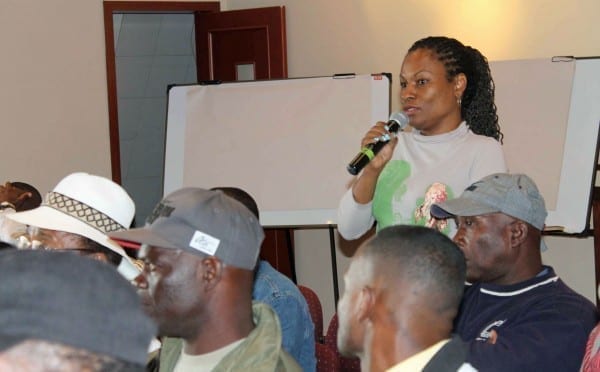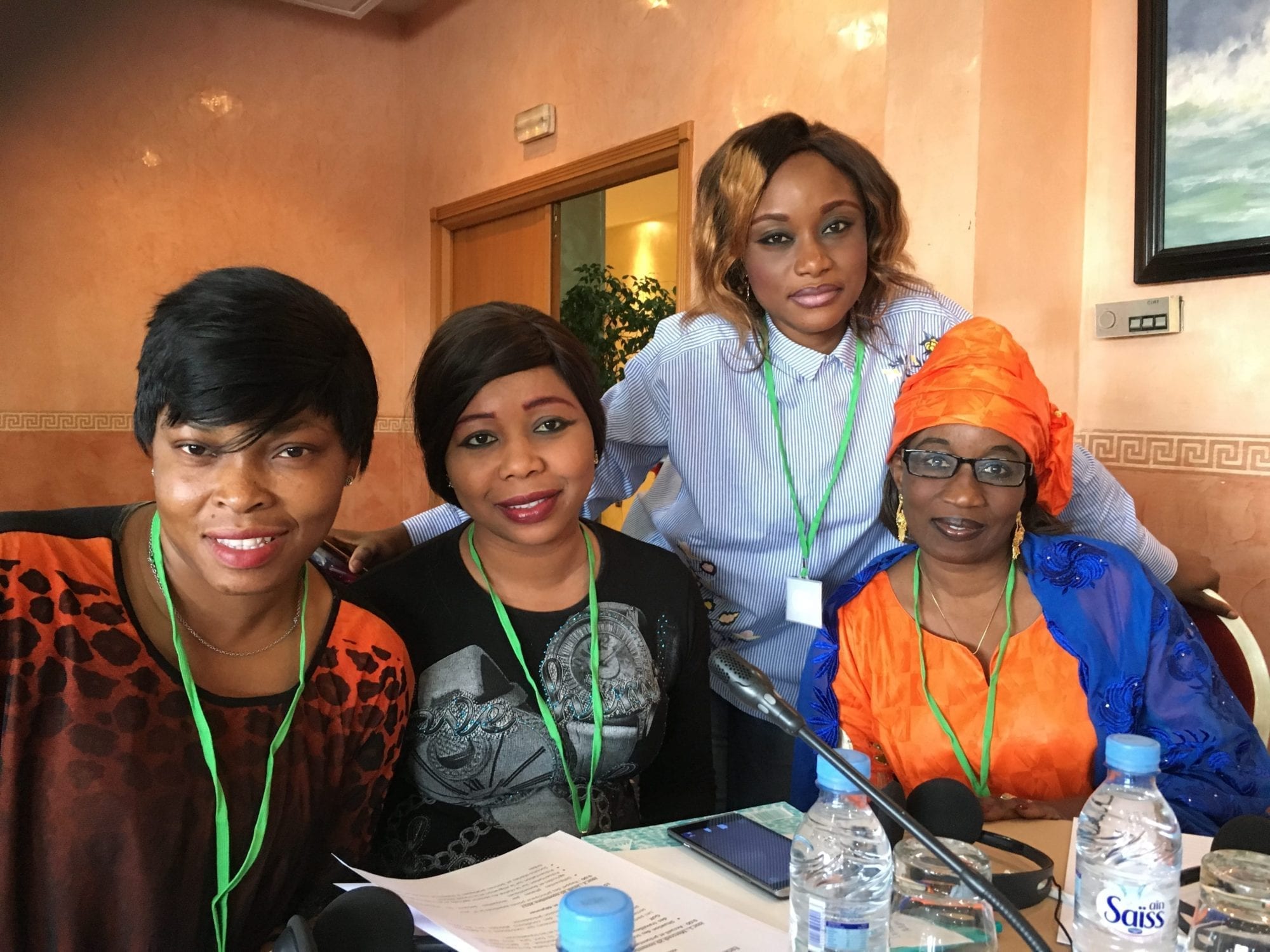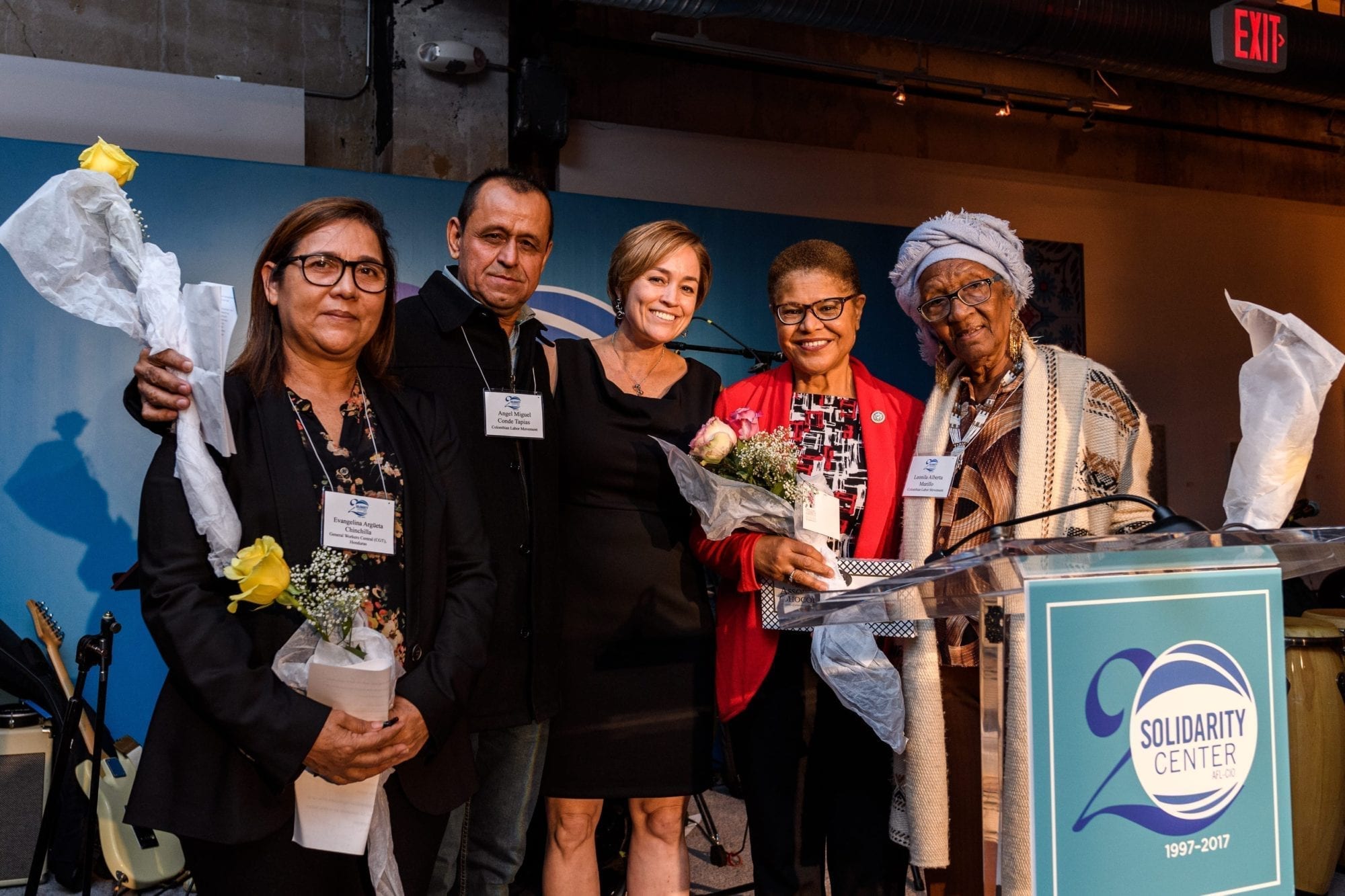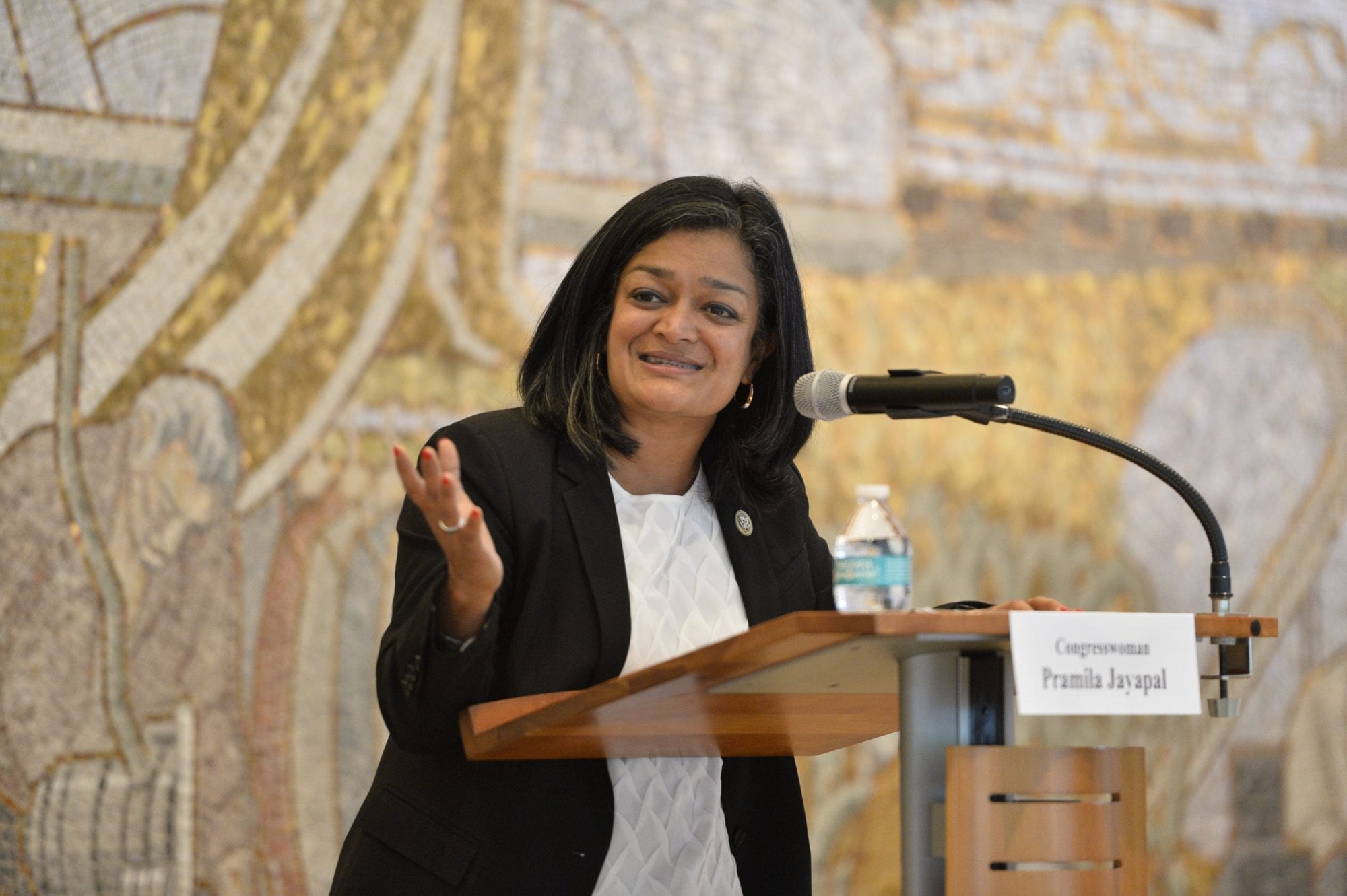To promote the rights of women workers, especially women domestic workers and women farm workers, it is essential to seek solutions to build women's capacity to defend their rights to equality, decent work and an end to violence and abuse, according to Hind Cherrouk,...

The Solidarity Center supported the development of the Afro-Colombian Labor Council, the first national organization in Colombia dedicated to improving the working conditions of Afro-descendants. Credit: Solidarity Center/Rhett Doumitt
- Conducts research and awareness-raising to challenge systems of oppression and inform inclusive approaches to building worker power across social identities at all levels
- Supports representative, inclusive leadership in our partner organizations
- Engages in cross-movement work to combat tools of oppression that impact women, including gender-based violence and harassment at work
- Brings together unions and community groups to identify shared socioeconomic struggles, analyzes how those struggles are linked to systemic racism and implements organizing, legal and advocacy strategies to collectively overcome the oppression that entraps workers in poverty
- Advocates for economic policies that uproot systemic discrimination and exploitation in labor markets.
Joining Across Borders: Solidarity Center Celebrates 20!
Some 300 allies, coalition partners and sponsors of the Solidarity Center packed the Longview Gallery in Washington, D.C., last night to celebrate the organization’s 20th anniversary. The day began with a book launch and discussion on informal workers and collective...
Social Justice Unionism: Labor Can Make Change
“Informal workers are organizing and they will organize as long as there is injustice and oppression,” says Sue Schurman, distinguished professor of Labor Studies and Employment Relations at Rutgers University. Opening a Solidarity Center book launch and panel...
No Results Found
The page you requested could not be found. Try refining your search, or use the navigation above to locate the post.



